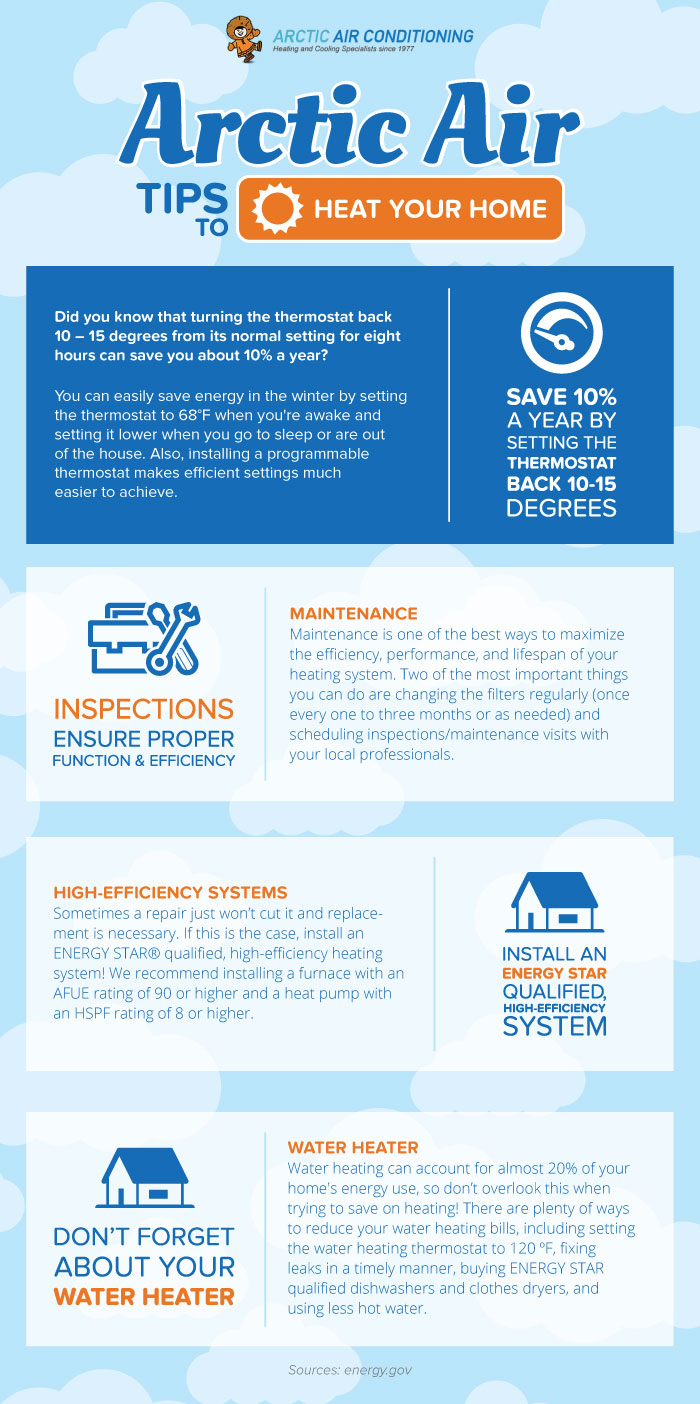Discovering The Environmental Benefits Of Warm Pumps - A Lasting Heating Service
Discovering The Environmental Benefits Of Warm Pumps - A Lasting Heating Service
Blog Article
Write-Up By-Moser Smed
In an age where sustainability and power performance are vital, many services look for eco-friendly home heating remedies. One such solution is the heatpump.
A heatpump draws out the warmth in its environments and pumps it into your home, leading to one of one of the most reliable environment-friendly main heating unit around. This procedure likewise creates absolutely no greenhouse gas emissions, making it a highly sustainable modern technology.
Energy Effectiveness
Heat pumps are extremely energy efficient and call for little maintenance. They utilize less power than various other furnace and are without a doubt one of the most eco-friendly. They work well with roof solar and can frequently pay for themselves in utility savings alone.
They can also give cooling, which is terrific for garage workshops, attic hangouts and incentive rooms, and home enhancements without extending the existing ductwork. They can even be made use of for retrofits in existing homes with hydronic (water-based) distribution systems such as low temperature level radiators or glowing floors.
Search for models with SEER and HSPF scores that meet or go beyond copyright's minimum criteria, as well as the requirements in your area. Greater ratings suggest better effectiveness, which conserves you cash over time and reduces your carbon footprint. You might even receive discounts and incentives! The best systems are those with a ground warmth exchanger for added effectiveness. These systems can take in thermal power from the ground during the wintertime and remove it in the summer season.
Reduced Greenhouse Gas Emissions
Heatpump work on power and essentially move heat from the air, even when it's chilly exterior. They have the ability to remove the totally free heat trapped in air fragments and move them inside, lowering moisture while doing so.
Contrasted to gas furnaces, modern-day heat pumps make use of less than one kilowatt of electrical energy per kilowatt of home heating power they create. This makes them the most energy efficient home heating option offered with a POLICE (Coefficient of Efficiency) of four or more. By slashing the requirement for nonrenewable fuel sources, heat pumps help reduce greenhouse gas emissions and reduce other significant air toxins.
Building decarbonization is a worldwide vital, and the HVAC sector is a key motorist of that process. Whether it's investor making web absolutely no dedications, policy makers setting discharges limits, or lessees demanding greener rooms, electric heatpump are being recognized as an essential option. They are an economical way to reduce carbon emissions by eliminating the need for fossil fuels in buildings.
Flexibility
Heat pumps can be made use of in lots of kinds of homes and buildings-- with or without ducts. They collaborate with hot-water radiators, air-conditioning and programmable thermostats. They can change heating systems or be set up in new houses. They can work on photovoltaic panels, geothermal systems and even area home heating resources like wastewater.
They're wonderful at providing more heat per power system. For example, an air-source heat pump produces approximately 3 or more heating units from each electrical power system it consumes.
Getting one of the most from your heatpump will certainly depend on your climate area and quality of insulation. Search for designs with ENERGY celebrity scores and contrast their SEER or HSPF specifications. In updated blog post , concentrate on SEER; in cooler regions, think about a system with a greater HSPF score. In addition, buy air securing and insulation to decrease the lots on your heatpump. That will improve power effectiveness and aid you reach your Web Zero goals much faster.
Biomass Boilers
Biomass boilers utilize wood pellets, chips or logs to produce warm and hot water. They are a great option for off-grid buildings or those who intend to get off the gas grid.
As a standalone furnace, biomass can provide sufficient power to maintain your home cozy all the time without the typical warmth drop off of other renewable technologies. They can additionally be utilized along with photovoltaic panels to increase savings and benefit from RHI repayments.
A disadvantage of these systems is the upfront price and routine fuel shipments. Frequently, pellets will need to be blown into a fuel shop making use of a vacuum system or they can be manually fed into the central heating boiler with a hopper. Logs are generally self-sourced from close-by timberland or acquired wholesale. Along with this, they need hands-on loading and may require cleansing on a regular basis.